
Software Engineering Intern
StudyShare - Startup





Fri Nov 03 2017 - Fri May 11 2018

Hi, I'm Orion Watson. I am a recent graduate from Mercer University. I graduated with a Bachelor's of Science in Engineering for Computer Engineering. I am extremely passionate about all things Computers but am especially interested in Embedded Software, Full Stack Web Development, and Hardware Engineering.

StudyShare - Startup





Fri Nov 03 2017 - Fri May 11 2018

Yonsei University - Yonsei International Summer School
Mon May 17 2021 - Mon Aug 16 2021
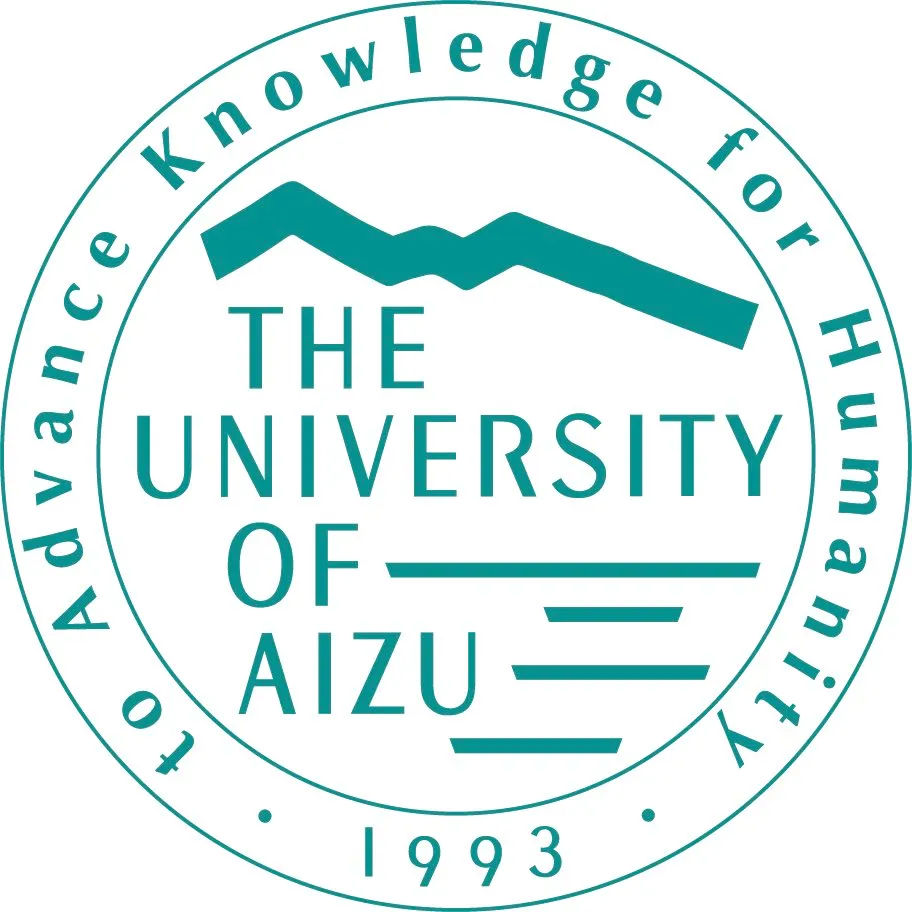
University of Aizu
Thu Jan 23 2020 - Mon Aug 03 2020

80%

60%
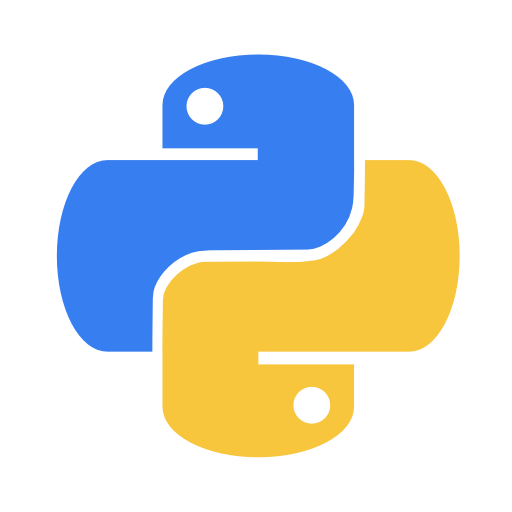
80%

60%

60%

80%

70%

30%

50%

80%

50%

60%

70%
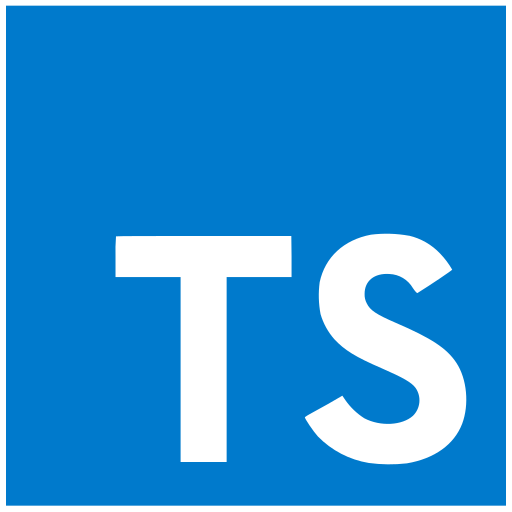
60%

70%

70%

70%

70%
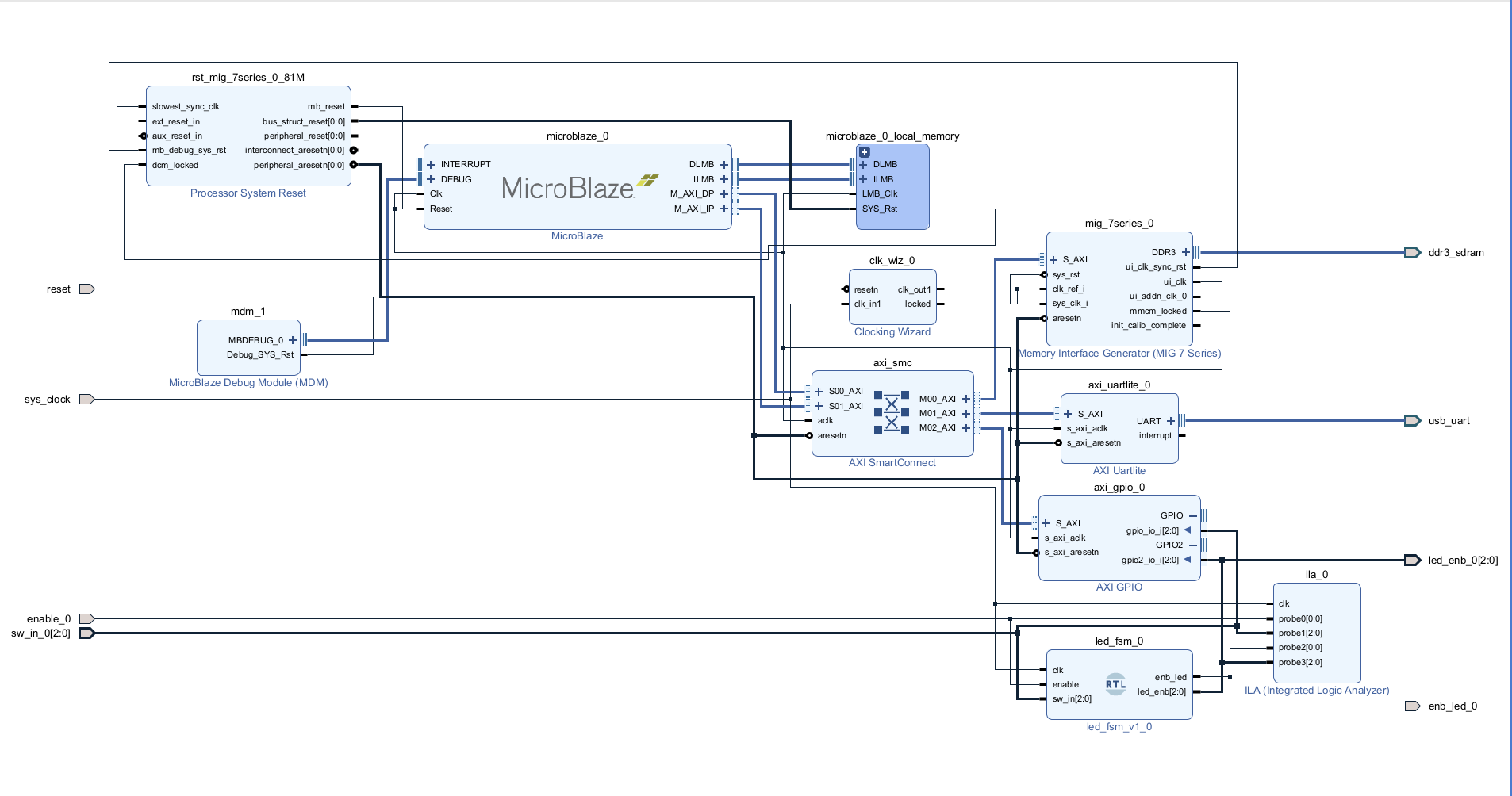

Designed and created a functional microcontroller within an Arty S7-50 FPGA using Xilinx Vivado. The microcontroller housed DDR3 RAM, USB UART, and a GPIO Block. Assigned memory for the peripherals. Used RTL (VHDL) to describe how data is transferred within the microcontroller. Ran logic synthesis. Defined and configured the FPGA pins. Added an ILA (Integrated Logic Analyzer) to debug the FPGA. Wrote and compiled embedded software for the microcontroller using Xilinx Vitis.
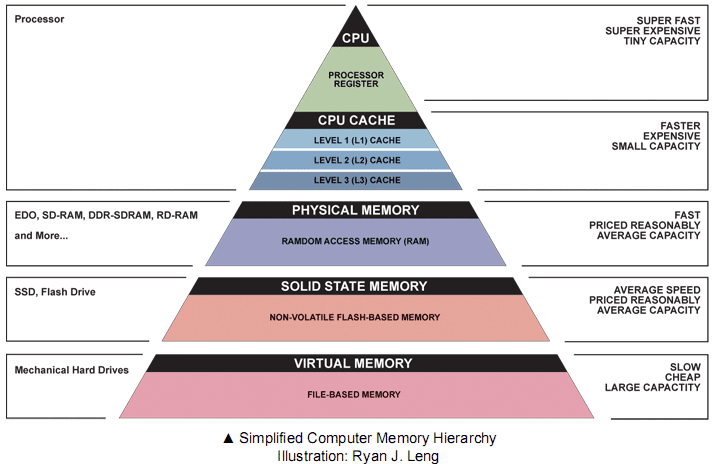

Coded a trace-based cache simulator with victim cache support and LRU cache coherency protocol. Analyzed effect on miss rate by varying block size, associativity, and cache size on 2 levels of cache.
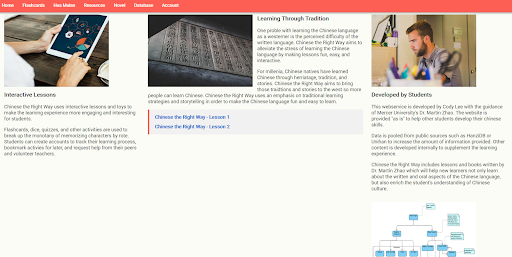





Chinese the Right Way is an interactive learning tool to help non-Chinese natives learn Chinese. This web app was built by my team (I included) of software engineering students at Mercer University. For this project, we were asked to rebuild and revamp an existing web application. This web app uses the LAMP stack with various third-party APIs. The project also uses various programming/scripting languages including Javascript, HTML, CSS, Python, and PHP.
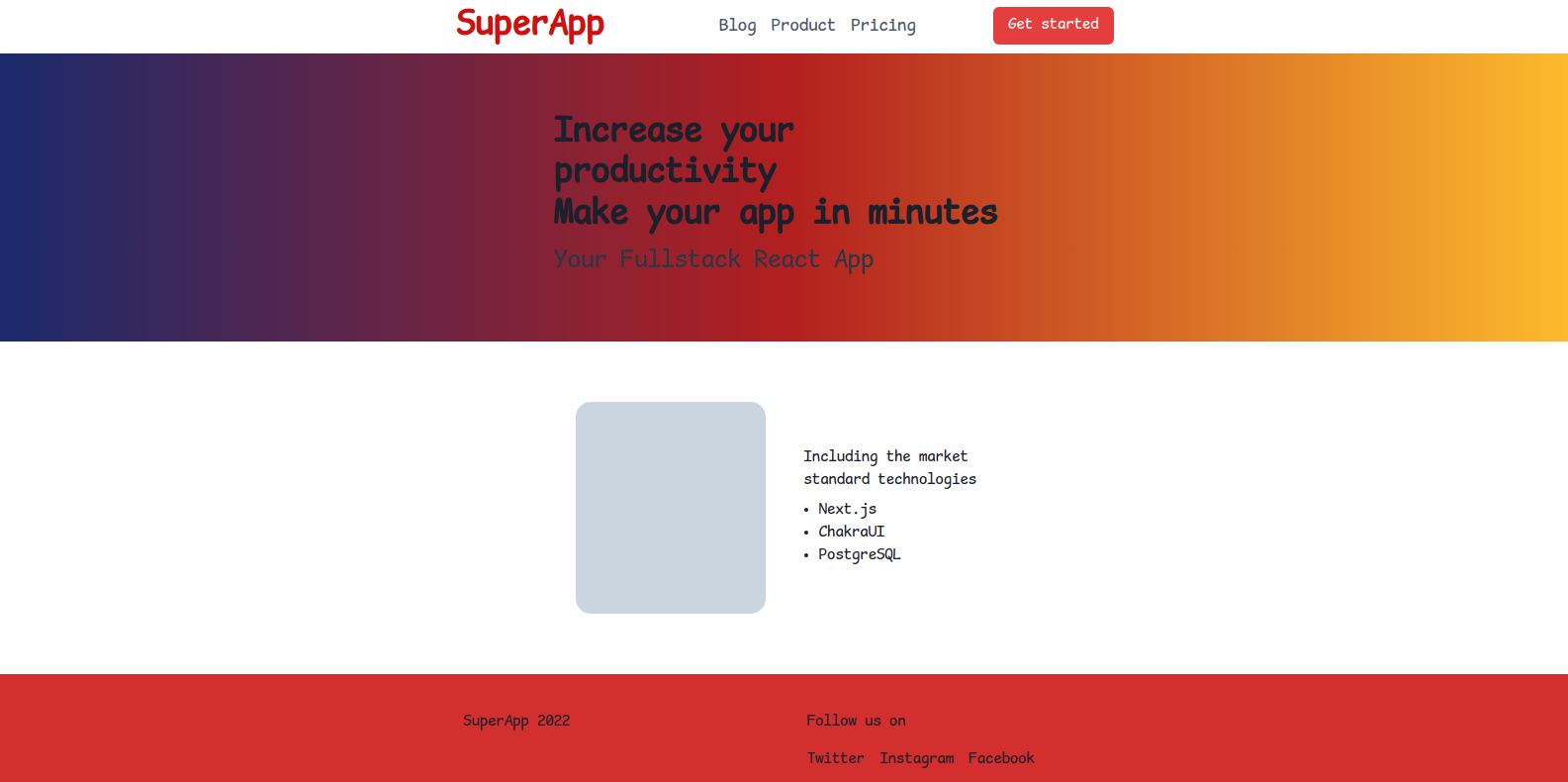







Fullstack React Todo web app. Includes Typescript, Next.js, PostgreSQL, PrismaORM, and a RESTful API.








Netflix 2.0 app that has a Log In and Log Out Authentication with Google. It has a beautiful Home Screen with all the movies looking like Netflix. You can click on a movie to play the trailer and see the details and ratings of the movie. There is also a subscription page where you can see your active monthly subcription We also use Stripe Payments for the monthly Netflix Subscription.
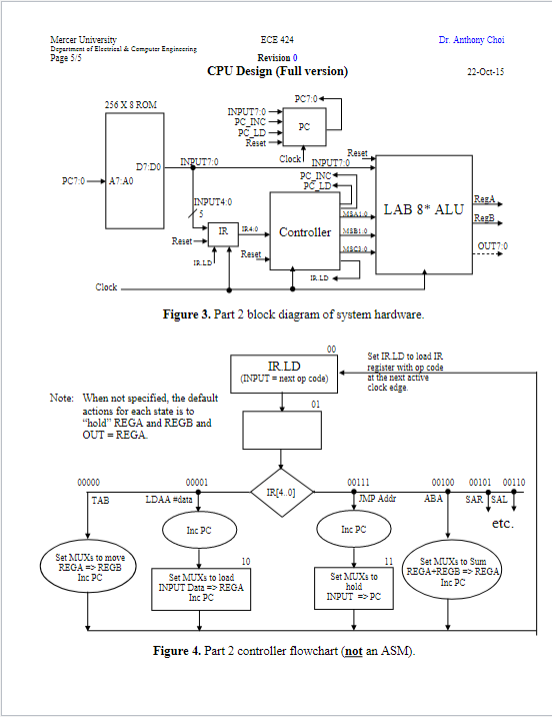

Created and fully functional 8-bit CPU using VHDL with over 20 unique instructions. This was done by creating individual components such as three MUXs, Priority encoders and decoders, an ALU, ROM, Instruction registers and pointers, and a control unit. Designed, debugged, and analyzed various digital circuits, asynchronous and synchronous sequential circuits. Designed a simple and functional copy of Frogger using multiple I/O devices connected to the FPGA board.
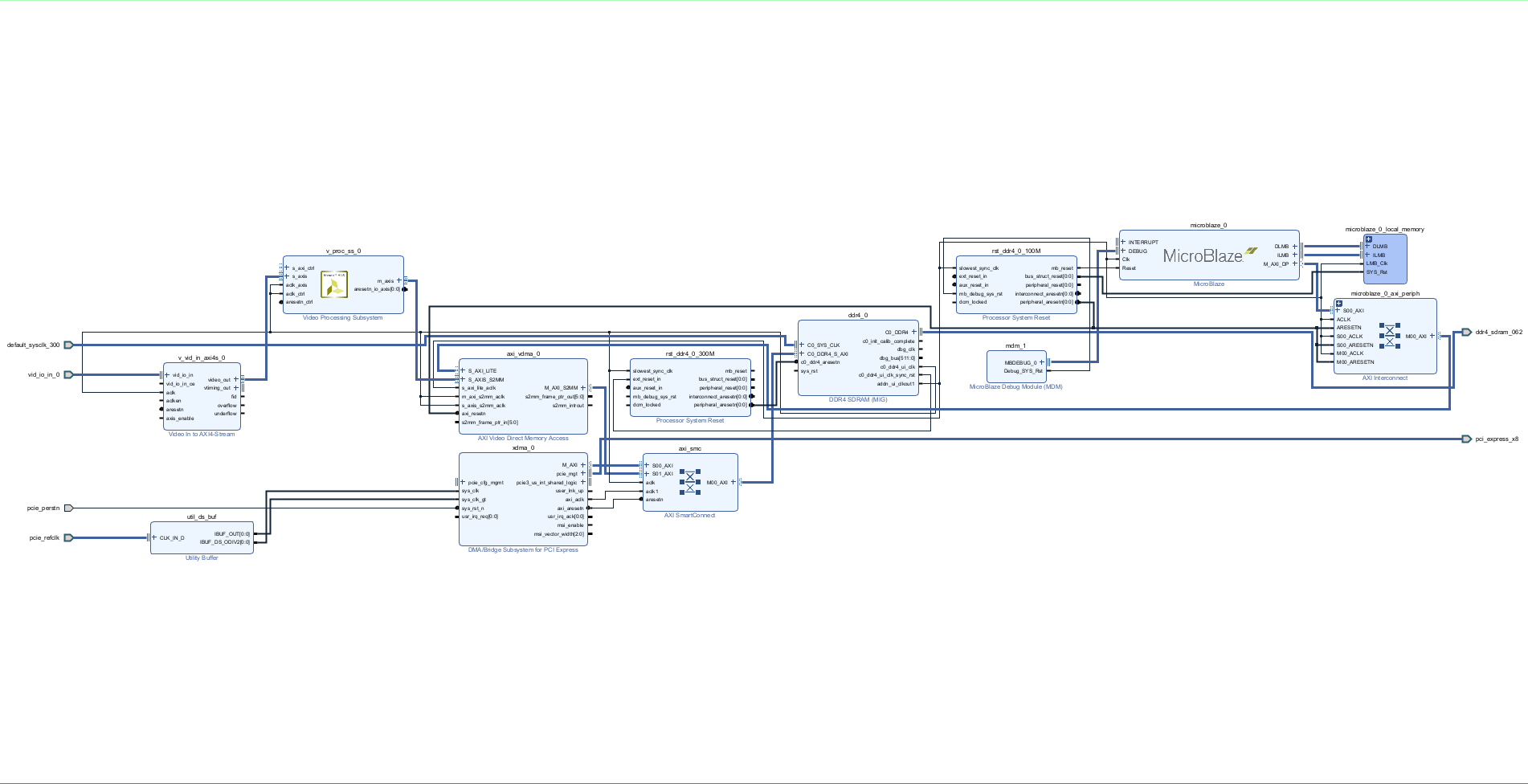

Designed and created a simple PCIe for the, in Xilinx Vivado, for reading video input. The Pcie was made to work for the Kintex-UltraScale KCU105 Evaluation Platform. The PCIe would read video input using the AXI-DMA and write the data to DDR4 memory.
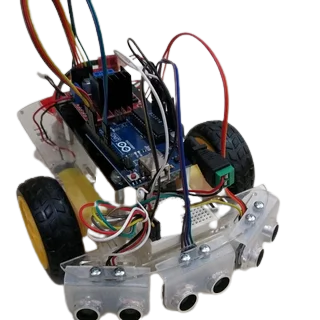

Designed and created a maze solving robot with a team. We used an arduino uno for this project as well as ultrasonic sensor to be able to judge the distance between the robot, the walls, and the tape on the ground. The robot was meant to complete the maze as fast as possible.
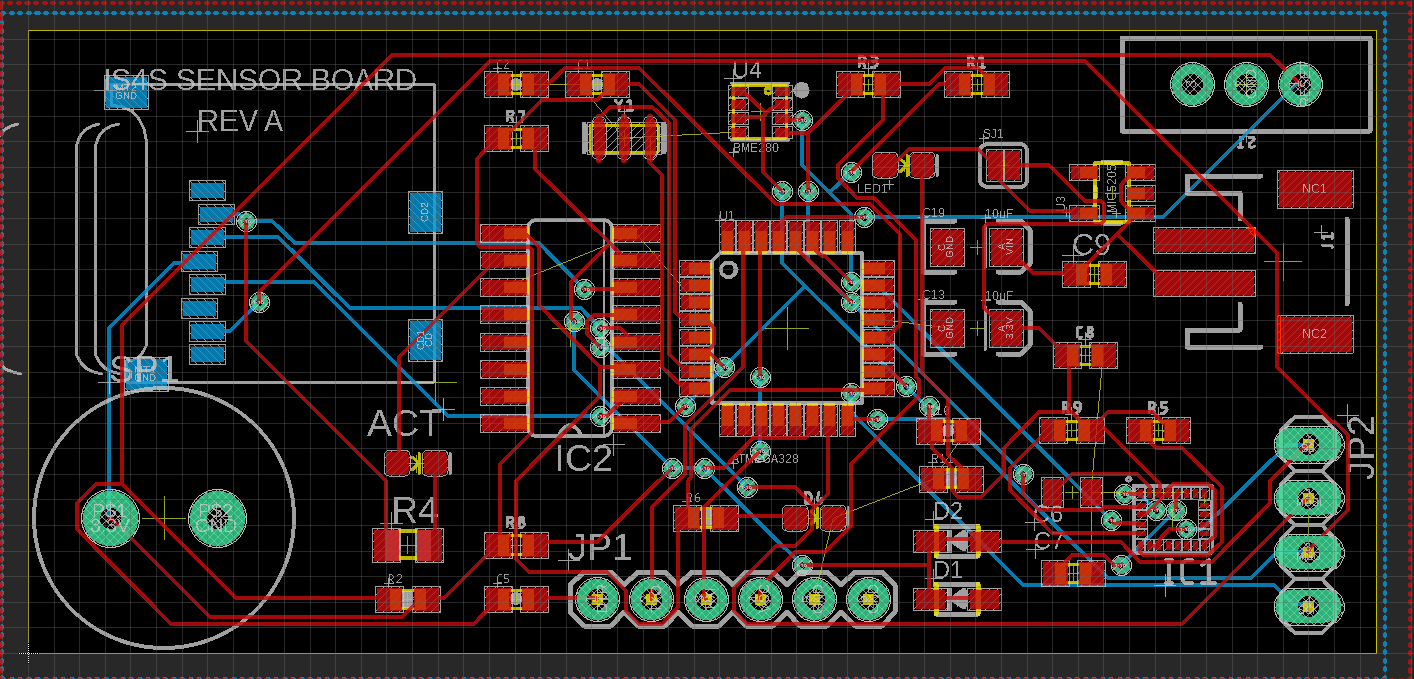

During my senior year at Mercer University, I had the privilege to work with an interdisciplinary team of talented engineers during our year-long senior design exhibition course. Within this project, my team and I were tasked with creating a custom PCB and housing that would be shot out of an M203 grenade launcher. The PCB would be used to collect various types of data including pressure, humidity, temperature, force, acceleration, and gyration. The data was then given to the client for review.
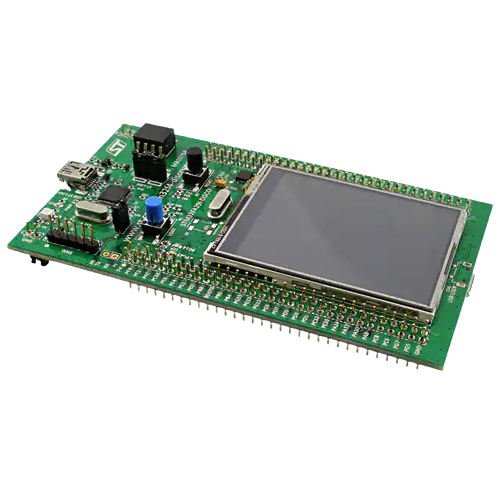

Created a program on a STM32F429I-DISC1 microcontroller that would allow the user to read the Gyroscope data given off of the internal I3G4250D MEMS device. The data was read to the built in LCD screen. The user had to unlock the device by sending the password over UART before they could read the IMU data. The STM32F429I-DISC1 microcontroller was programmed and debugged over JTAG. Communication between the STM32F429I-DISC1 microcontroller and the I3G4250D MEMS device was over the SPI protocol. This program used various functions from the HAL and BSP libraries. There were also functions that used only bit banging.


Created a chess game embedded on a Raspberry Pi 4. This chess game was made using python and python libraries such as Pygame and SpeechRecognition. It also used a few apis such as , Google Speech-to-Text api, and the Stockfish api. You can play using either the touchscreen or by calling out the moves using your voice. You could also play vs another human or you could play vs AI's of varying difficulties. The games' move lists would also be recorded so you could analyze them in the future.
+1(678) 918-1842
orionwatson27@gmail.com
Newnan, GA